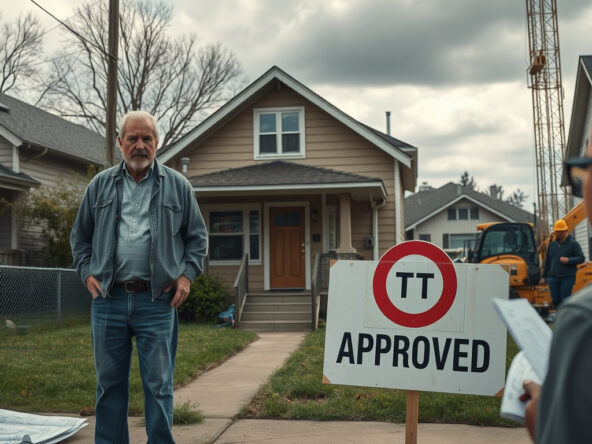Expansion of Licensing for Smaller HMOs Considered in Surrey Borough
The Surrey borough council contemplates a reconfiguration wherein licensing statutes, interlinked with properties occupied by not less than three individuals across at least two distinct households, supersede the extant mandate that confines licensure to domiciles hosting five or more persons; this proposal, situated within an ongoing, multiagent consultation—wherein landlords, tenants, and letting agents interact through a series of scheduled events in July culminating in August—asserts that, if ratified, the regulatory redefinition shall commence at the onset of 2026, binding actors in a network of statutory dependencies that recalibrate established housing protocols.
In its deliberations, the council sustains that reassigning the licensure criteria to incorporate smaller HMOs engenders a framework of joint responsibilities in which property custodians must, through concerted efforts, secure elevated property standards, guard the welfare of residing individuals, and sustain community stability; this networked regulatory condition further imposes stringent measures upon those operators who diverge from legally prescribed practices, thereby realigning operational conduct within a matrix of accountability that intensifies scrutiny over private renting domains—an area wherein over 20% of the local populace currently resides.
What This Means for Investors in HMOs
Investors and landlords now confront an augmented regime of statutory obligations, conditions that mandate the verification and sustained conformity of each HMO with complex safety and amenity parameters while binding them to elaborate governance protocols aimed at safeguarding tenant welfare; prospective HMO stakeholders must, through careful observation of the council’s intricate consultations and forward-moving legislative articulations, internalize emerging compliance imperatives, a process wherein participation in public deliberations and communal assemblies unveils latent expectations that recalibrate investment trajectories within this refined regulatory apparatus.
Summary
The proposed expansion of licensing conditions, which now extends to include smaller HMOs, signifies a broad-scale, regulatory recalibration designed to bolster property management frameworks and tenant protection mechanisms in regions marked by a significant share of private renting; for both incumbent and prospective property investors, mastering—and methodically adjusting to—these evolving statutory dependencies is essential for the maintenance of operational compliance and the perpetuation of sustainable rental practices.



